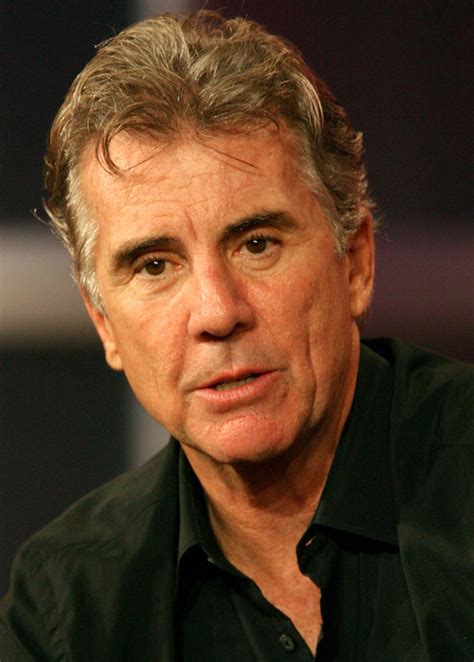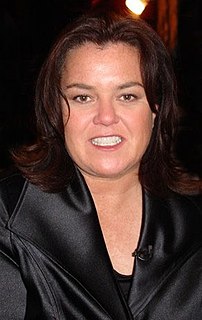A Quote by Anna Quindlen
Raising children is a spur-of-the-moment, seat-of-the-pants sort of deal, as any parent knows, particularly after an adult child says that his most searing memory consists of an offhand comment in the car on the way to second grade that the parent cannot even dimly recall.
Related Quotes
The traditional paradigm of parenting has been very hierarchical, the parent knows best and very top down. Conscious parenting topples [this paradigm] on its head and creates this mutuality, this circularity where both parent and child serve each other and where in fact, perhaps, the child could be even more of a guru for the parent .... teaching the parent how the parent needs to grow, teaching the parent how to enter the present moment like only children know how to do.
One of the most significant effects of age-segregation in our society has been the isolation of children from the world of work. Whereas in the past children not only saw what their parents did for a living but even shared substantially in the task, many children nowadays have only a vague notion of the nature of the parent's job, and have had little or no opportunity to observe the parent, or for that matter any other adult, when he is fully engaged in his work.
A conscious parent is not one who seeks to fix her child or seek to produce or create the 'perfect' child. This is not about perfection. The conscious parent understands that is journey has been undertaken, this child has been called forth to 'raise the parent' itself. To show the parent where the parent has yet to grow. This is why we call our children into our lives.
We find that even the parents who justify spanking to themselves are defensive and embarrassed about it....I suspect that deep inthe memory of every parent are the feelings that had attended his own childhood spankings, the feelings of humiliation, of helplessness, of submission through fear. The parent who finds himself spanking his own child cannot dispel the ghosts of his own childhood.
If every parent understood the huge educational benefits and intense happiness brought about by reading aloud to their children, and if every parent- and every adult caring for a child-read aloud a minimum of three stories a day to the children in our lives, we could probably wipe out illiteracy within one generation.
Training moments occur when both parents and children do their jobs. The parent's job is to make the rule. The child's job is to break the rule. The parent then corrects and disciplines. The child breaks the rule again, and the parent manages the consequences and empathy that then turn the rule into reality and internal structure for the child.
The parent who loves his child dearly but asks for nothing in return might qualify as a saint, but he will not qualify as a parent. For a child who can claim love without meeting any of the obligations of love will be a self-centered child and many such children have grown up in our time to become petulant lovers and sullen marriage partners because the promise of unconditional love has not been fulfilled.































